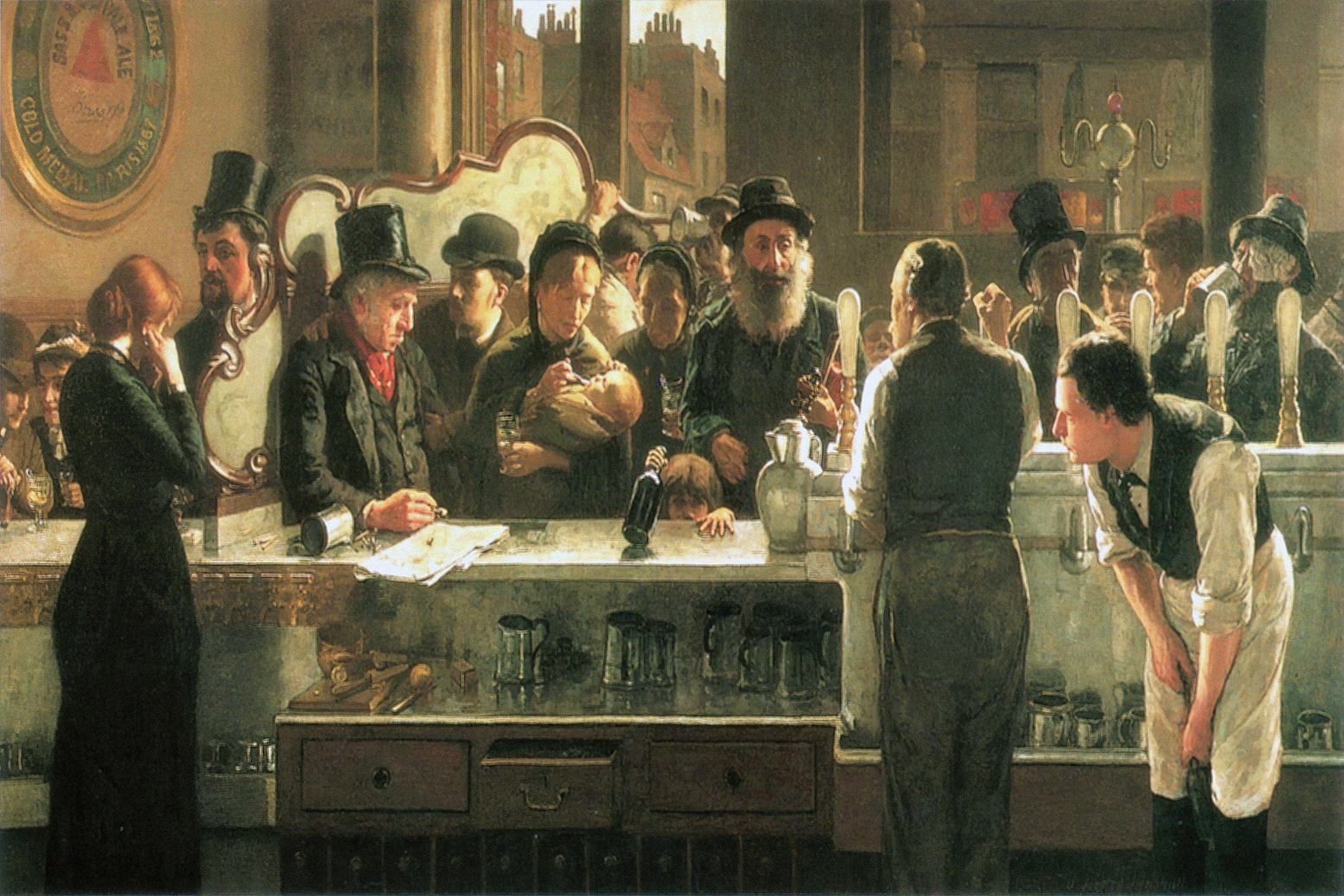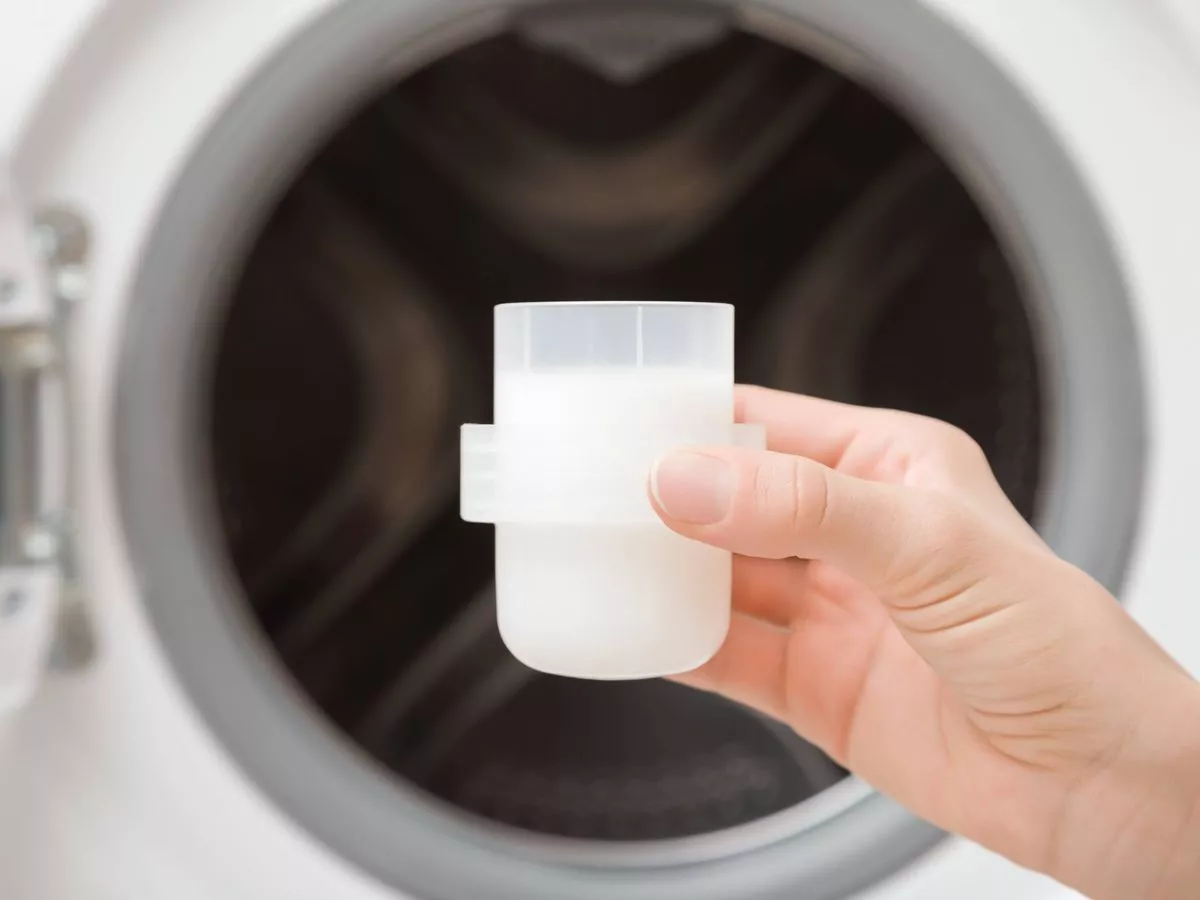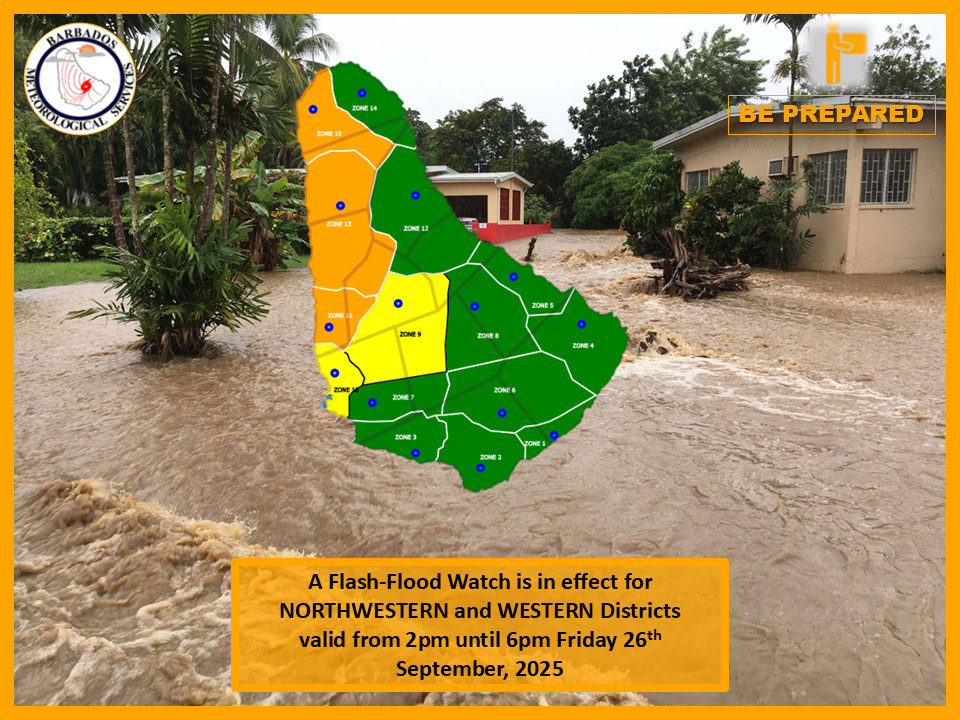Copyright newstatesman

It must have been tough getting hammered back in 1881 – legally, at least. That was the year when UK licensing laws kicked in, harder in some places than others. In Wales, for example, the Sunday Closing Act meant you had to sneak out of the country if you wanted a beer to go with your roast beef. By the time World War One came around, the 1914 Defence of the Realm Act ruled that British inns and alehouses could only serve intoxicants for luncheon (12pm–2.40pm) or supper (6.30pm–9.30pm). The government didn’t want the war effort being “hampered by drunkenness”. Three years later in 1921 closing time was extended to 11pm; 67 years later in 1988, pubs were finally allowed to remain open without a break for 12 hours from 11am. Back then, people doing jobs like mine were called bouncers. Recruitment was pretty easy: all you had to do was prove you could handle yourself on the terraces at football, pick up your bow tie and pick-axe handle from the landlord and make sure you stood wider than the pub door. Today we’re officially known as door supervisors – and we’re subject to licensing laws too. To be issued my blue bouncer card as seen on the biceps of heavies who stand guard outside your local club, my shift-mates and I have gone through government-approved training set by the Security Industry Authority: a regulatory body which teaches recruits how to carry out searches, the rules on reasonable force, de-escalation techniques and how to break out of a front strangle. Perhaps spooked by the news that pubs are going under at a rate of one per day, Sir Keir Starmer recently announced that he wants to “bring the buzz back” to high streets by further relaxing existing licensing laws. Outlining how his overhaul aims to do away with red tape that stops people coming together, he declared that “Pubs and bars are the beating heart of our communities.” That quote jumps into my head when I go past the pub around the corner from me, the one close to a site I now protect. It used to host some dodgy psy-trance nights that I was glad I never covered: there were so many Class As going through the door that it probably counted as a chemical weapons attack. The venue shut down, and is now one of the many ex-boozers that has been split into bedsits. I can still hear tunes blasting whenever I walk past on my way to work, so I expect the chemicals are still around. The noise complaints that the walls probably generate are another explanation as to why a lot of pubs have vanished. Buyers move four doors down from The Red Lion and then mailshot the council whenever people start vaping on the pavement, or a barbecue fires up. At my site, we recently took a call from an incensed local resident who was upset that people in the street were making a racket. We just had time to explain that the clock hadn’t yet hit the national noise curfew (11pm–7am) before the complainant when into Mazda mode: nought to 60 in 5.6 seconds. You could feel the exclamation marks being typed into the email they’d be sending to the local authorities. I’m paid to watch out for trouble, so I’ve got my own theory as to why pubs are emptying. I developed it on nights during the Covid-19 pandemic after my shift, when I’d go to the supermarket and always see blokes buying four-packs of lager. Put simply: it’s cheaper to drink indoors. Three years ago it was reported that inflation was killing off the concept of getting a round in; today, just as some groceries have shot up by over 20 per cent, the price of a pint has soared to a national average of £5.17 (£6.10 in London). That’s a 35p hike since February. When you factor in the mean £500 rise in annual energy bills, anyone on modest wages has to watch their disposable income go down the drip tray. In my own case, even counting the wage rise I was awarded this year – my job’s starting pay is £12.59 per hour, but because I’ve punched in for nearly two decades I’m on £13.41 – I just can’t afford to say “Same again”. Regular alcohol and a stint on the pool table has had to go the same way as other things I can’t stretch to, like a car or a skiing holiday. The only pub I’m a regular in now is a city-centre Wetherspoons where I sometimes meet my shift-mates for breakfast on our rest days. Over toast we give evils to the customers banging back beer at 10am. I’m never angry for long, though: I’m lucky enough to have scraped a mortgage with my girlfriend and our daughter, and to be in a job I enjoy where I can work as a security officer regardless of how packed the bar is. When I think back to my life pre-family and pre-cost-of-living crisis, I’d always go to pubs with one eye on my mates and one on trying to pull – something it’s also easier to do from your sofa these days, particularly if you enjoy nonconformist relationships (dating app Feeld has seen a 26 per cent boost in subscribers while other conventional apps have dwindled). This may partly explain why Gen Z are happier spending on handsets than they are putting money behind the bar. If the PM is serious about jump-starting the high streets, I’ve got a suggestion based on foot patrols and checking whether anyone’s hiding in the toilets after closing time. By all means pour money into night spots, perhaps starting with enough door staff to protect against the 1,000 annual spiking cases recently reported by the National Crime Agency. But one piece of red tape that needs urgent slicing is the Sunday Trading Act 1994. This currently dictates that a retailer with a floor area of greater than 280 square metres can only keep open for six hours. As dystopian as it might sound, shopping centres are where you get the foot traffic today, not around the dartboard. Longer hours would mean more nine-to-fivers cruising bargains. Bonus tip: if the whole high street is successfully resurrected, don’t get a head of state to pose for a congratulatory pint in a nearby watering hole. Barack Obama’s 2011 visit to a pub in Moneygall was a merry occasion that no doubt got a lot of local tills ringing. But I couldn’t help feeling bad for the Secret Service who had to tag along: they weren’t allowed any Banshee Bones crisps, and had to wipe down every glass the President touched in case someone lifted his fingerprints. Remember, please drink responsibly. [Further reading: How Britain fell into the K-hole]



